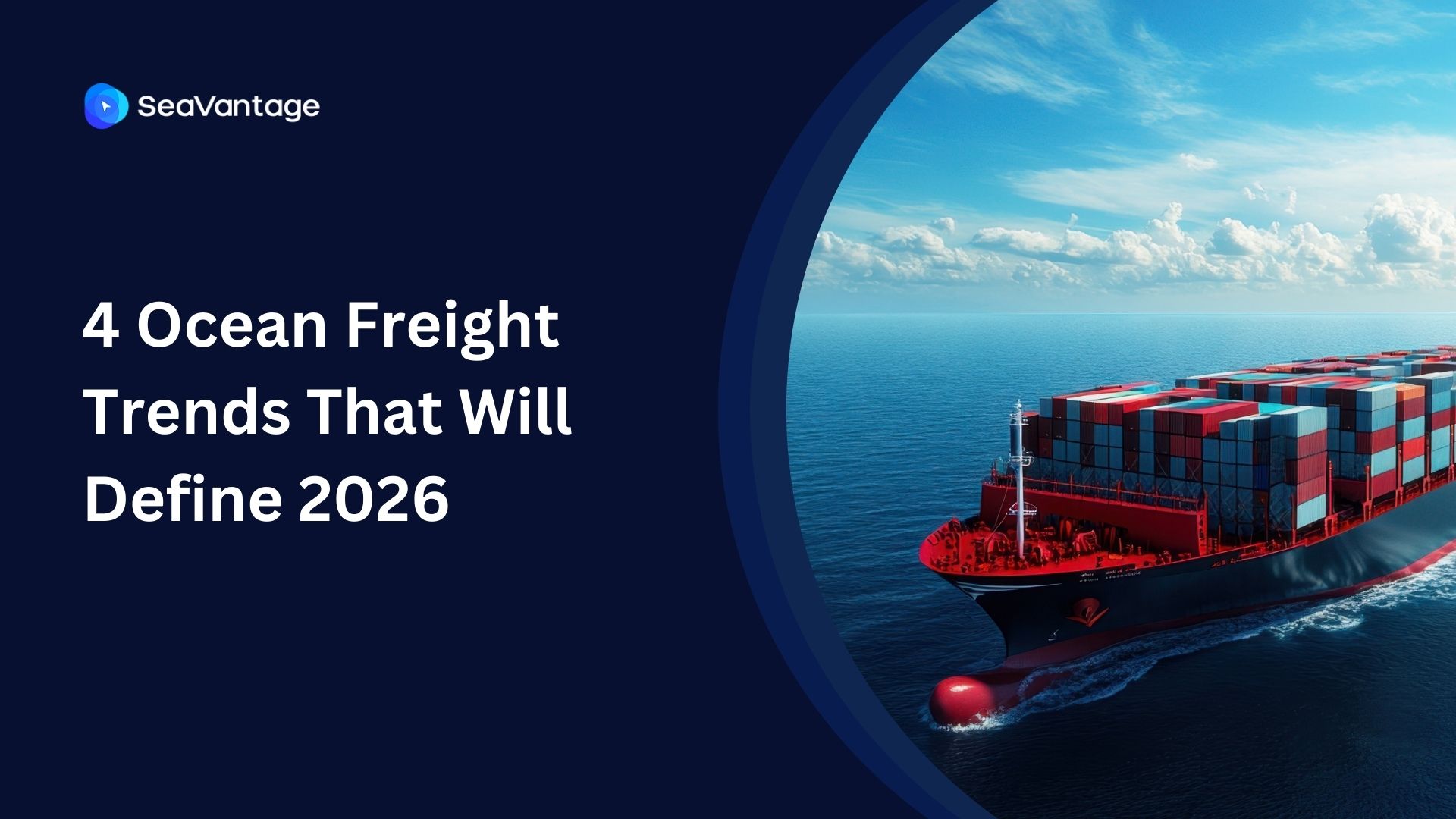Container Vessel Dwell Time by Carrier at Key Global Ports – June 2025 Analysis
Context and Scope of Dwell Time Performance Metrics
This dashboard provides a detailed, data-driven view of average vessel dwell times by shipping line. Dwell time is broken down into two key components—waiting time and working time at berth—offering a clear picture of carrier performance at major global ports.
The current analysis focuses on June 2025, with comparisons to May 2025 (MoM) and June 2024 (YoY) to highlight monthly fluctuations and broader yearly trends.
The analysis centers on 10 high-traffic container ports: Antwerp, Busan, Jebel Ali, Los Angeles, Long Beach, Ningbo, Rotterdam, Savannah, Singapore and Shanghai. SeaVantage maintains vessel dwell time data across all global container ports. If you're interested in accessing the full dataset or customized reports, please feel free to contact us directly.
Actionable Insights
This dashboard helps identify which carriers are experiencing increasing delays, where operational efficiency is improving or declining, and how recent disruptions may be affecting global port activity. These insights support smarter port selection and more informed carrier negotiations.
Breakdown of Carrier Dwell Times – June 2025
Busan stands out as the most efficient port in this dataset. All listed carriers reported zero waiting time, and working times were generally below 30 hours. It’s a strong indicator of smooth terminal operations and berthing coordination.
At the other end of the spectrum, Shanghai and Ningbo are seeing noticeable congestion. Several carriers show combined waiting and working times exceeding 70–80 hours, with long anchorage delays being the primary driver.
Los Angeles and Long Beach aren’t facing major waiting time issues, but berth operations are significantly longer than average; often over 100 hours, suggesting slower throughput at terminals.
In Shanghai, Wan Hai Lines reported the highest total dwell time across all ports: 87.2 hours, driven by 75 hours waiting offshore. Sea Lead Shipping followed closely at 82.6 hours.
ONE (Ocean Network Express) at Long Beach recorded 142 hours of working time, with zero waiting—an unusually long stay at berth that may point to inefficiencies in container handling or vessel scheduling.
At Rotterdam, HMM Co Ltd reported both high waiting (61.6 hrs) and high working time (64.7 hrs), suggesting systemic bottlenecks specific to this line’s operations at that port.
Month-over-Month Change in Carrier Dwell Times by Port
Year-over-Year Change in Carrier Dwell Time by Port
2025년 9월, 주요 글로벌 항만에서 어떤 운송사가 가장 긴 선박 체류 시간을 기록했는지 확인해보세요. 트렌드를 비교하고, 지연을 파악하며, 전체 항만 데이터를 통해 운송 전략을 최적화할 수 있습니다.
2025년 8월, 주요 글로벌 항만에서 어떤 운송사가 가장 긴 선박 체류 시간을 기록했는지 확인해보세요. 트렌드를 비교하고, 지연을 파악하며, 전체 항만 데이터를 통해 운송 전략을 최적화할 수 있습니다.
2025년 7월, 주요 글로벌 항만에서 어떤 운송사가 가장 긴 선박 체류 시간을 기록했는지 확인해보세요. 트렌드를 비교하고, 지연을 파악하며, 전체 항만 데이터를 통해 운송 전략을 최적화할 수 있습니다.
Explore how tariffs, blank sailings, port congestion, and canal disruptions reshaped global ocean shipping in 2025 — and what supply chain leaders must do next.
Is your ocean supply chain ready for 2026? Discover 4 critical trends, from weather disruptions to strategic booking, and how to adapt.
iscover the 4 critical ocean freight trends for 2026, from the Red Sea reopening and fleet overcapacity to shifting global trade maps. Prepare your supply chain now.



.svg)







.png)